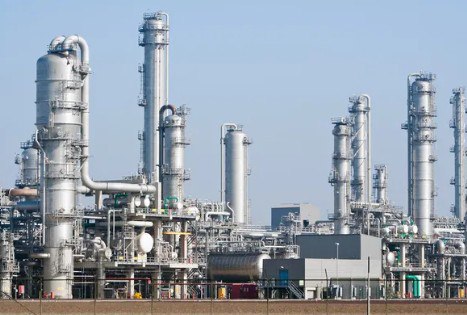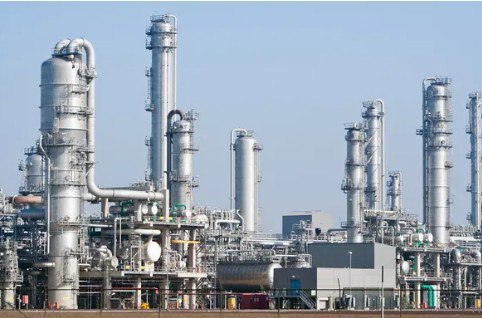Kazakhstan Intends to Accelerate Oil Refining Expansion to 40 Million Tons per Year
Kazakhstan plans to accelerate the expansion of its oil refining capacity to reach 40 million tons per year by 2033, seven years earlier than the previously announced 2040 target. The revised timeline was announced by Deputy Energy Minister Kaiyrkhan Tutkyshbaev at a government meeting on February 17. A full cycle of work is scheduled for 2026-2033, covering feasibility studies, design, construction, and the commissioning of a fourth large refinery with a projected capacity of 10 million tons per year. Once completed, the new facility would increase Kazakhstan’s total refining capacity to 40 million tons annually. Previously, in its updated Concept for the Development of the Oil Refining Industry, the Ministry of Energy had set a target of increasing refining capacity from 18 million to 38 million tons by 2040. The decision to accelerate the timetable follows criticism from President Kassym-Jomart Tokayev at an expanded government meeting on February 10. Addressing Kazakhstan’s dependence on imports, Tokayev noted that the country produces approximately 100 million tons of oil annually but refines only about 18 million tons domestically. This imbalance, he said, has contributed to chronic diesel fuel shortages and reliance on imported aviation kerosene. According to him, modernization of the three existing refineries in Pavlodar, Atyrau, and Shymkent is expected to increase processing capacity from 18.4 million to 27.4 million tons per year. An additional 10 million tons of capacity is to be provided by a new refinery planned for the Mangistau region, near the Caspian Sea coast. Tokayev emphasized that the project should be implemented with the participation of private investors, arguing that financing the construction of a refinery solely from the state budget would be economically unjustified. Tutkyshbaev stated that the ministry has begun preparing initial data on raw material sources and the product mix for the future plant, taking into account demand forecasts and potential export markets. These calculations will determine the refinery’s configuration, the choice of technology licensor, and the precise construction site. The results are expected to be presented in the coming months. The Ministry of Energy expects that expanding existing refineries and constructing a new plant will gradually resolve domestic fuel shortages. Between 2028 and 2030, the deficit of aviation kerosene is projected to decline from 500,000 to 300,000 tons per year, with full elimination anticipated by 2033. Following the launch of the fourth refinery, Kazakhstan is expected to begin exporting diesel fuel and gasoline to neighboring countries. Plans also call for increasing the depth of oil refining from 89% to 94% at existing plants, and to 95% at the new facility. The quality of motor fuels is expected to improve from environmental class K4 to K5. As previously reported by The Times of Central Asia, the Kazakh government began seeking private investors to build the fourth refinery even before Tokayev’s most recent comments on the need for increased refining capacity.






